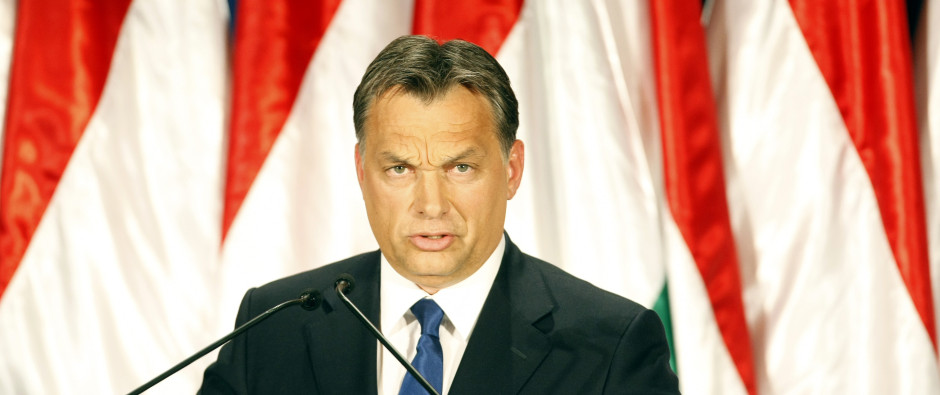On March 19, the Hungarian government is scheduled to unveil a statue in Budapest’s Freedom Square in commemoration of the 70th anniversary of Germany’s invasion of Hungary, an event that robbed Hungarians of their independence and doomed Hungary’s Jewish community.
The stylistic statue, brimming with historic symbolism, portrays a rapacious German imperial eagle attacking the innocent and virtuous angel Gabriel, representing Hungary.
To Hungarian Prime Minister Vikor Orban, the monument is “a show of respect” for all victims of Nazi aggression and genocide. To the World Jewish Congress, Hungary’s Jewish community and some Hungarian historians, the statue distorts history and absolves Hungary of its shameful role as a willing collaborator in the cold-blooded murder of more than 400,000 Hungarian Jews during the final stages of the Holocaust.
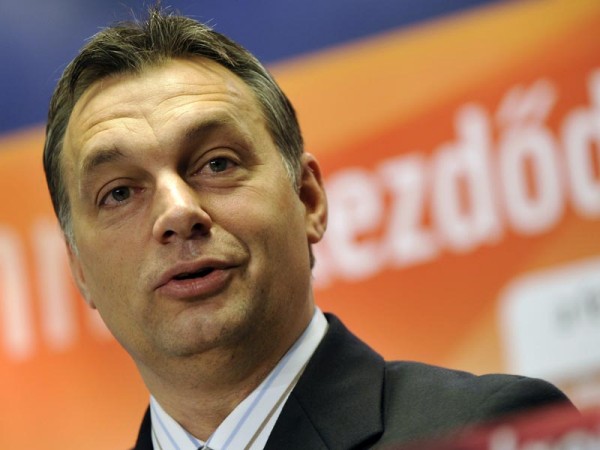
The contretemps threatens to upstage Orban’s plans to mark an anniversary that humiliated Hungary and wreaked death and destruction on one of its largest minorities.
Taking his cue from Hungary’s biggest Jewish organization, Mazsihisz, Ronald Lauder, the president of the World Jewish Congress, has come out in support of boycotting the commemorative events marking the entry of German troops into Hungary in March 1944.
Within a few months of Germany’s invasion, tens of thousands of Jews in the countryside were rounded up and deported to Auschwitz, where they were killed. The deportations were a joint venture between Germany and Hungary, as Hungarian President Janos Ader acknowledged recently.
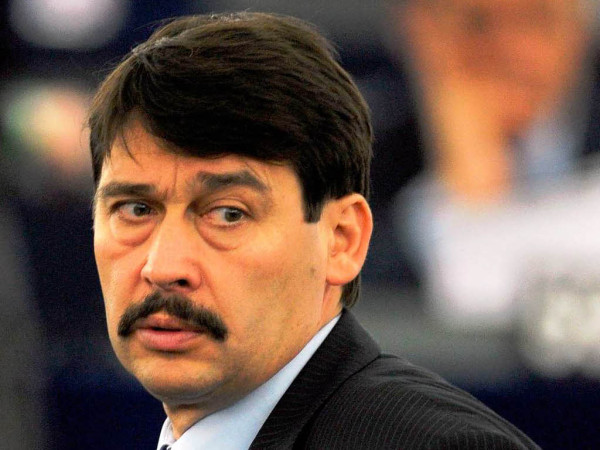
Randolph Braham, a City University of New York historian and a survivor of the Holocaust in Hungary, claims the statue represents an effort by the authorities to whitewash an era that stained Hungary’s honor.
Rejecting such criticism, Hungary says the statue is not part of the official Holocaust memorial program. But in a letter to a major Hungarian newspaper, Lauder wrote, “The attempt to falsify history instead of commemorating the annihilation of two-thirds of Hungary’s Jews has caused profound disappointment.”
This debate opens up questions about Hungary’s treatment of its Jewish citizens during the inter-war period and of its role during the relatively brief German occupation.
From March 1920 to October 1944, Hungary’s head of state was Admiral Miklos Horthy, who commanded the Austro-Hungarian naval fleet in the last months of World War I. Horthy disliked Jews, and in a letter to one of Hungary’s prime ministers, he wrote, “I have been an antisemite throughout my life.”
Shortly after assuming power, Horthy imposed a numerus clausus on Jewish students at Hungarian universities. And from 1938 onward, he permitted a succession of governments to pass anti-Jewish legislation, which subjected Jews to a wide array of humiliating and debilitating restrictions and rendered them second-class citizens.
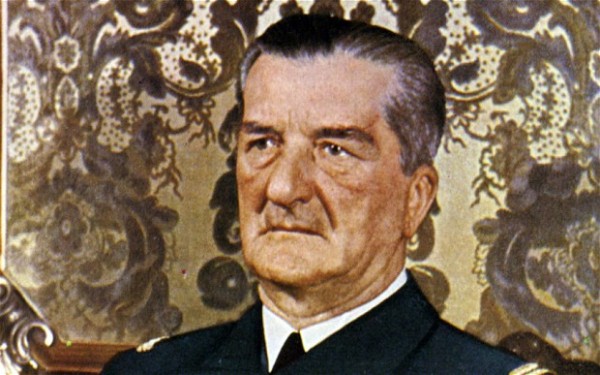
In April 1941, Hungary entered World War II on Germany’s side and fought with the German army in the Soviet Union. During these campaigns, which decimated the Hungarian army, Hungary sent thousands of Jewish forced laborers to the front.
Hungary, too, was implicated in the Nazi massacre of approximately 18,000 non-Hungarian Jews in the Ukraine in the summer of 1941. Several months ago, a historian close to Orban who heads a new historical institute blandly described the slaughter as “a police procedural action against aliens.”
Working in close cooperation with the Hungarian authorities, Adolf Eichmann sent 450,000 Hungarian Jews to their deaths in a series of deportations that took place within a few months. Under internal and international pressure, however, Horthy ordered a cessation of the deportations in July. They were resumed with a vengeance by the pro-German Arrow Cross fascist government, prompting Horthy to resign. The Germans arrested Horthy, and after the war, he claimed that he had no knowledge of Germany’s genocidal agenda, a claim that strains credulity.
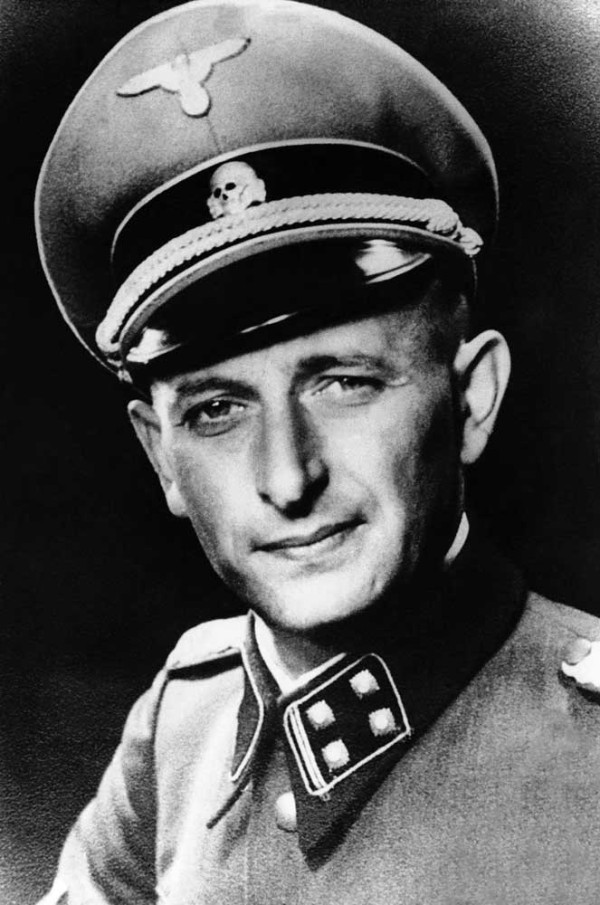
Today, right-wing Hungarian nationalists laud Horthy as a national hero. To Braham, a specialist in the Holocaust in Hungary, the statue set to be unveiled in Freedom Square later this month is a “cowardly attempt to distract attention” away from the Horthy regime’s collaboration with Germany in the planned destruction of Hungarian Jewry.
Still other pundits claim that Orban, who has been accused of encouraging nationalist rhetoric and tolerating a resurgence of open antisemitism in Hungary in recent years, has used the ruckus over the statue to strengthen the chances of his right-wing Fidesz Party in the April 6 general election.
Although Fidesz is currently leading in the polls, victory is far from assured because many voters are undecided. Fidesz officials apparently hope that Hungarians who normally vote for Jobbik, an anti-Jewish political party that has welcomed the statue, will vote for Fidesz instead.
One can only hope that crass politics will not mar the commemoration of the Holocaust in Hungary.
